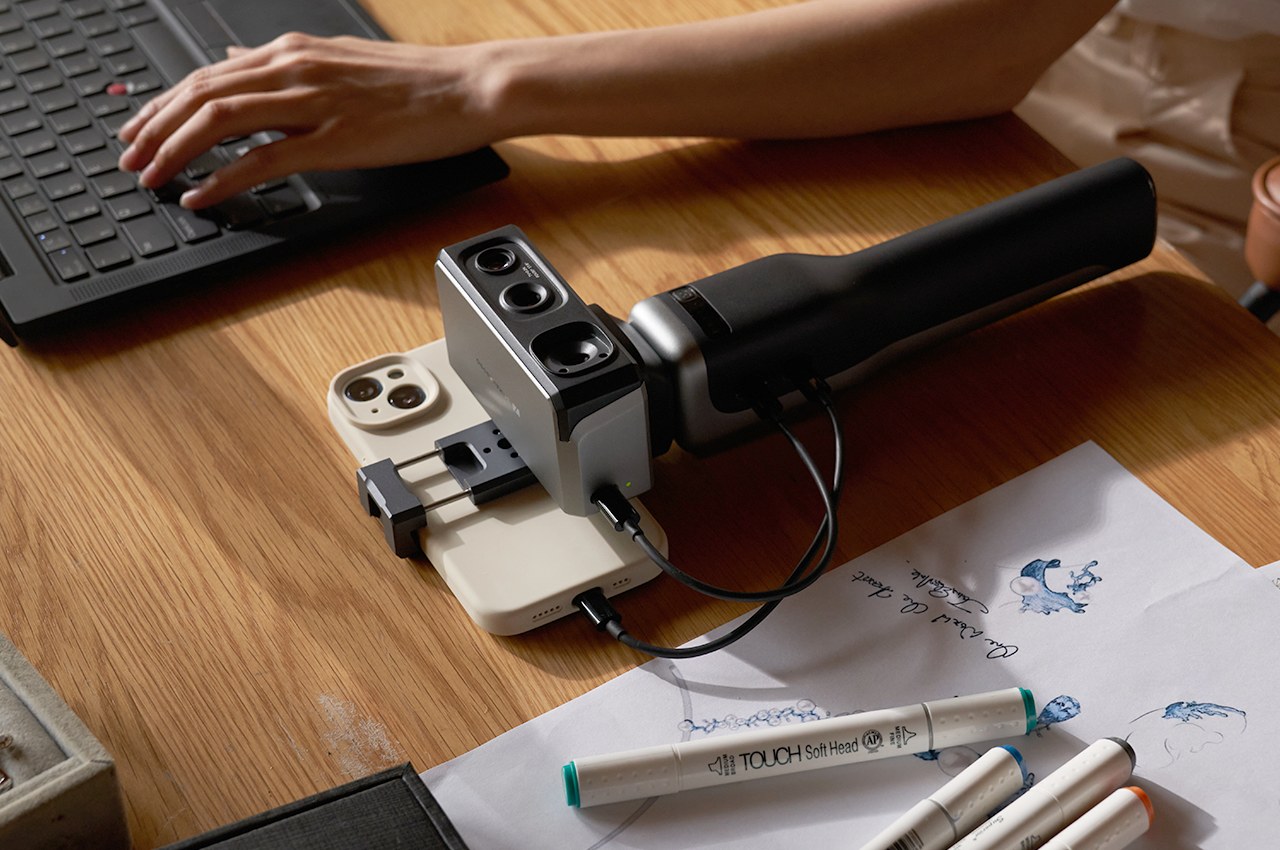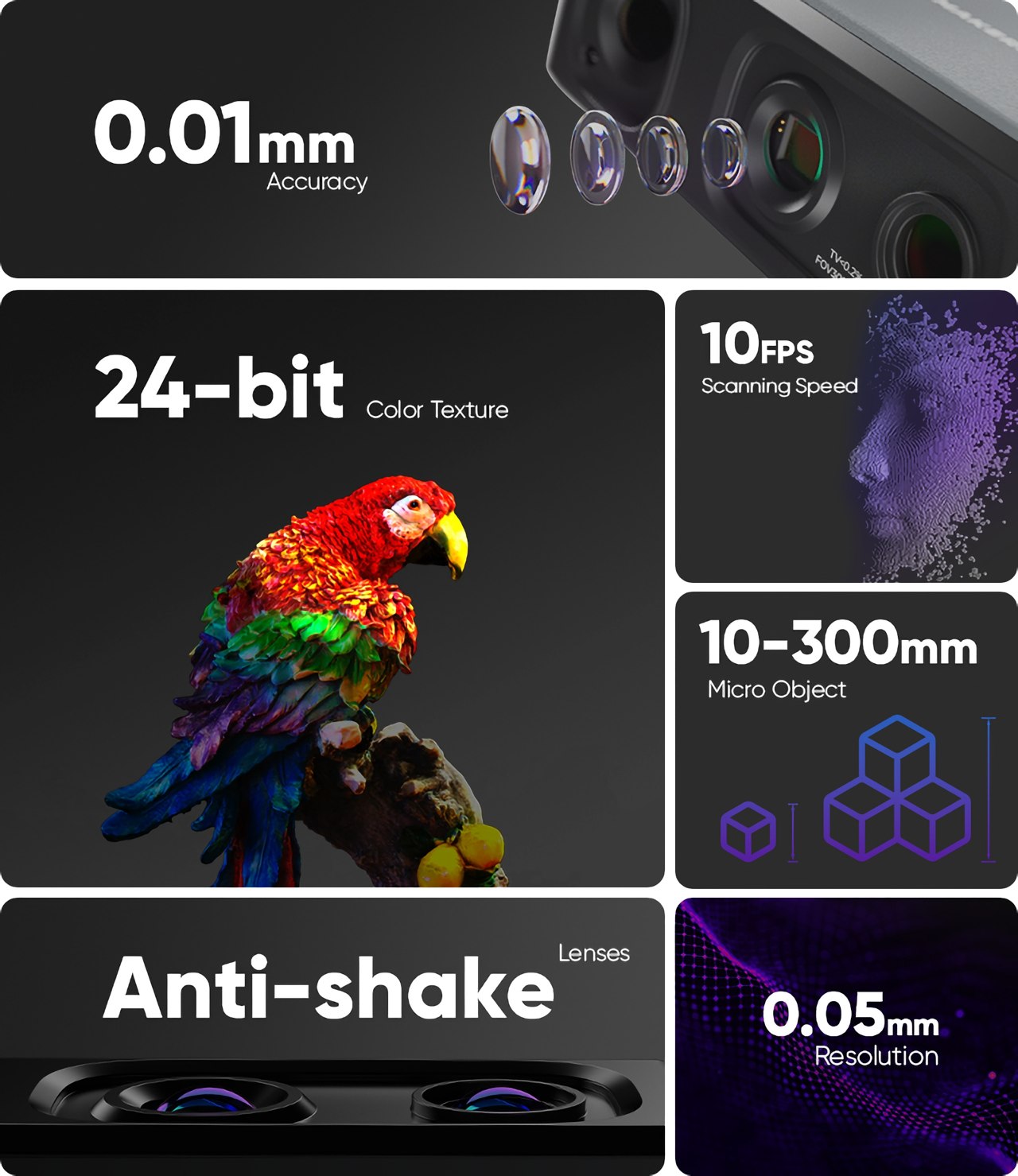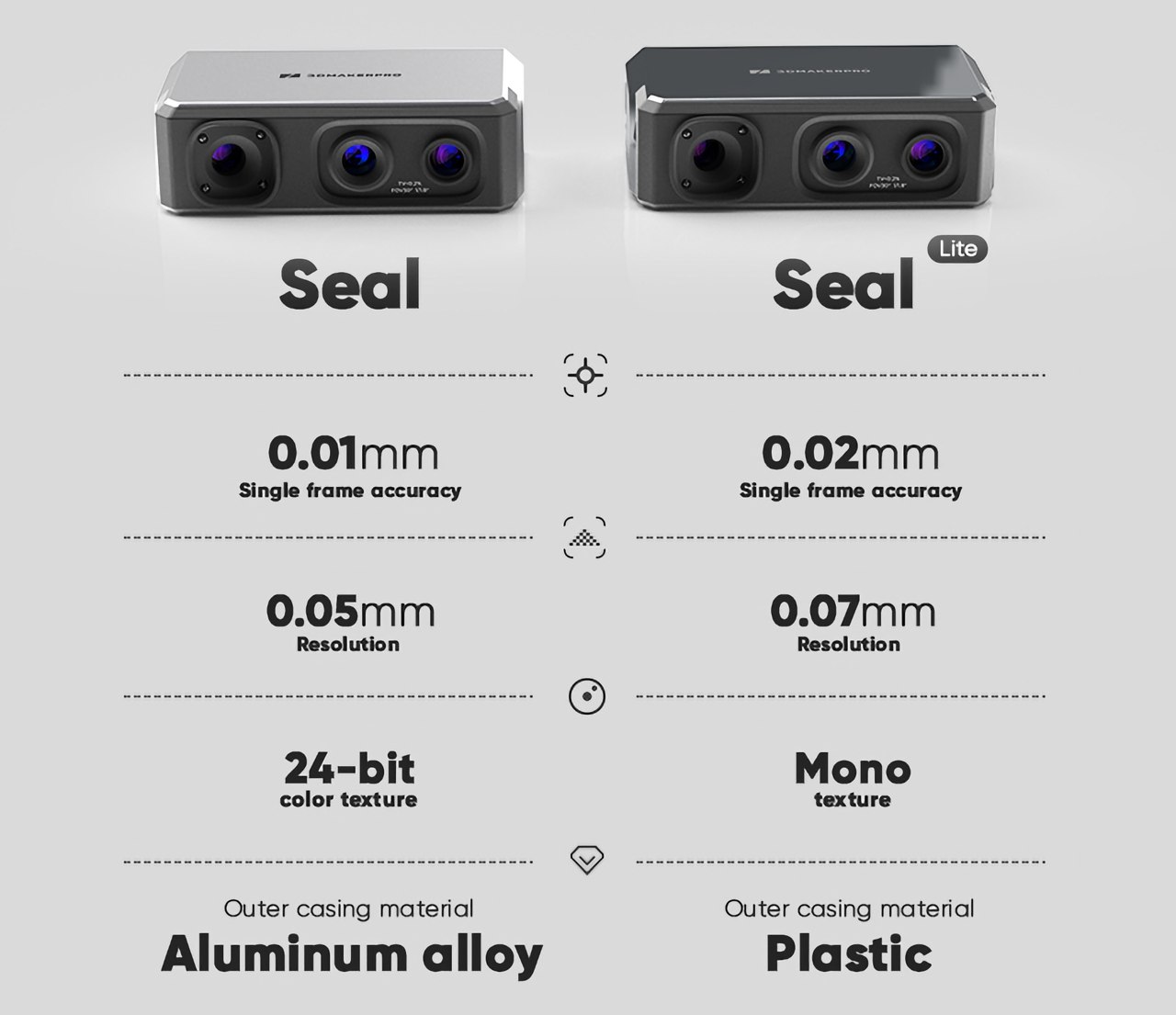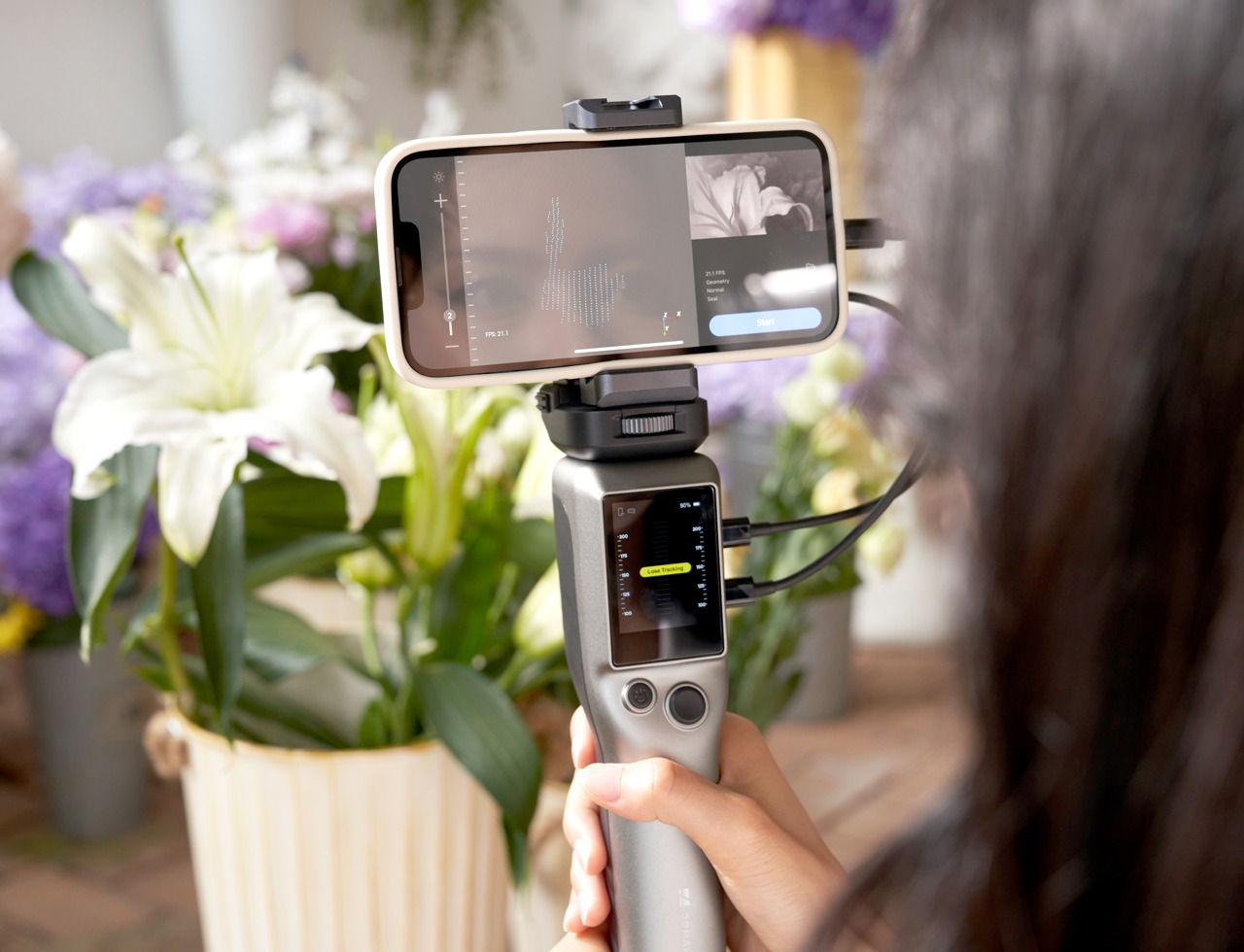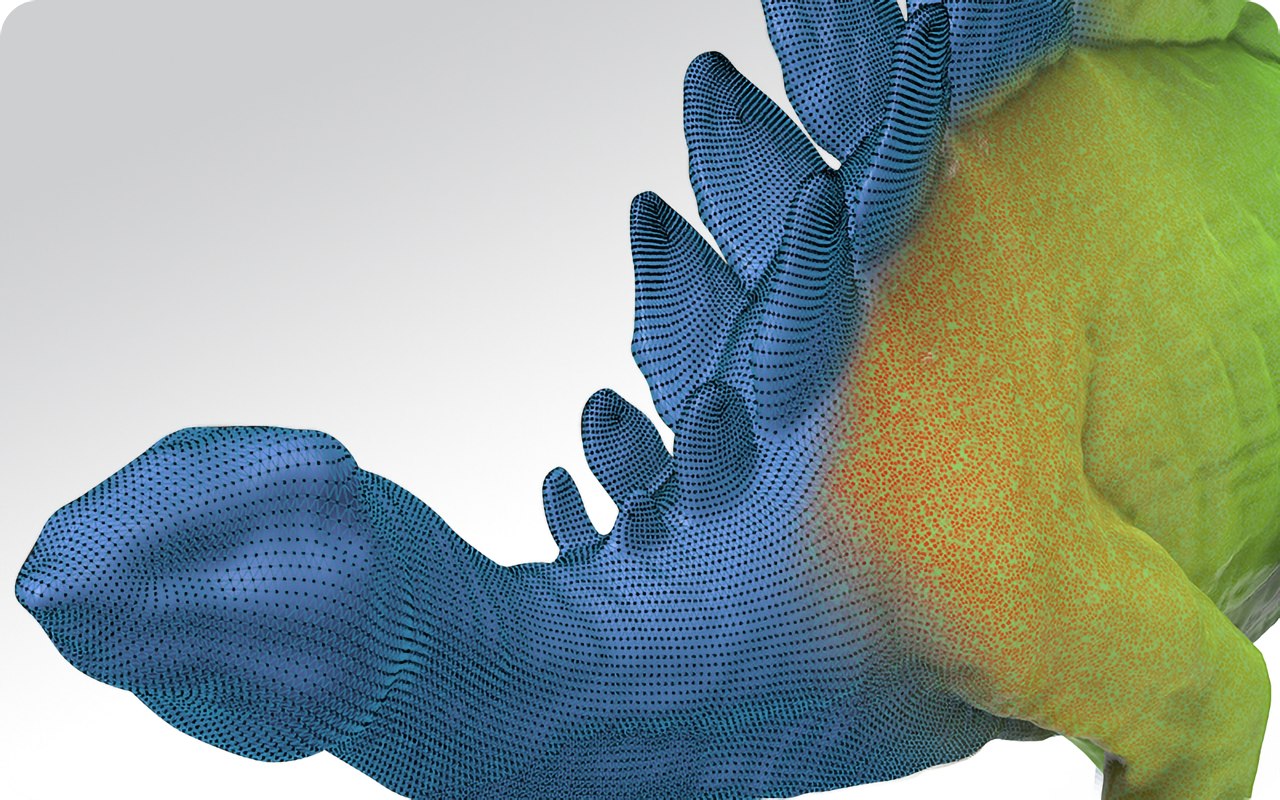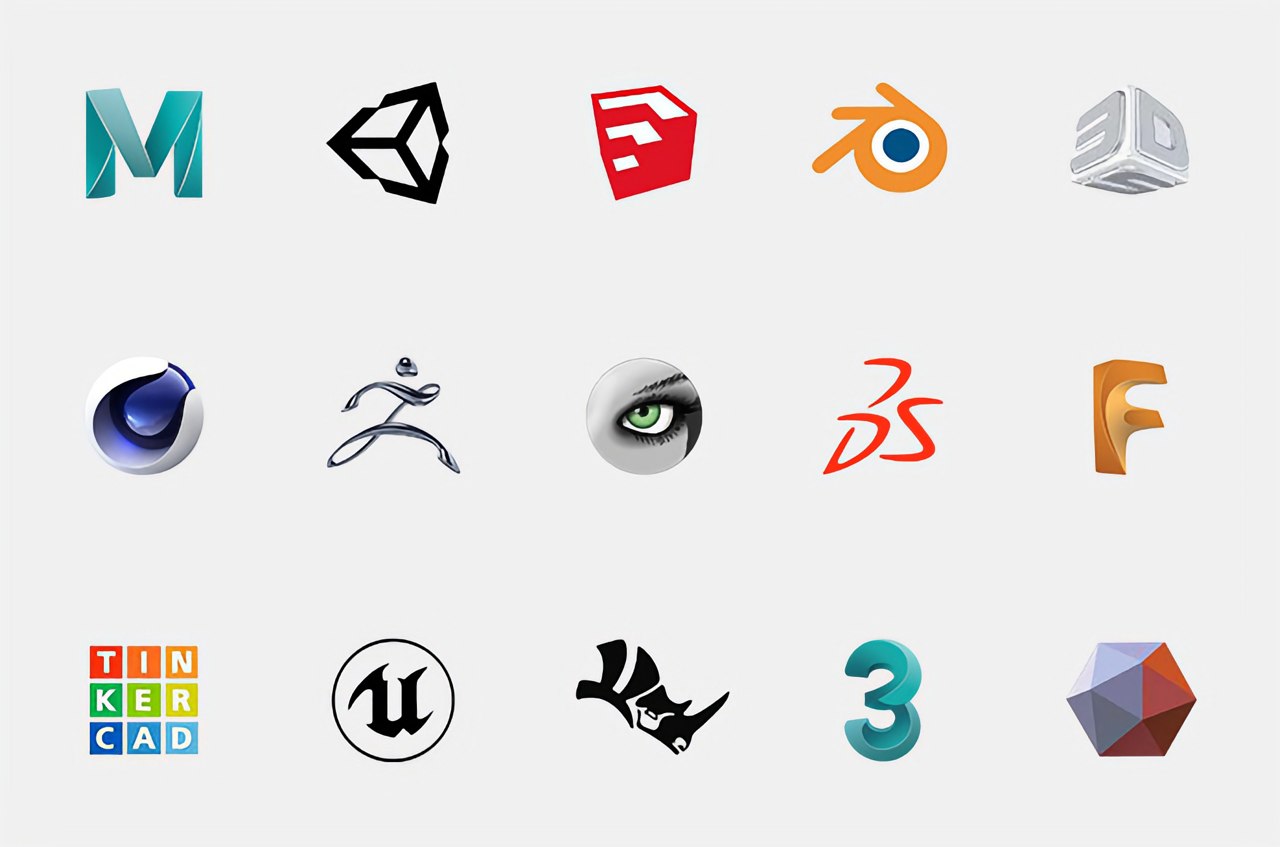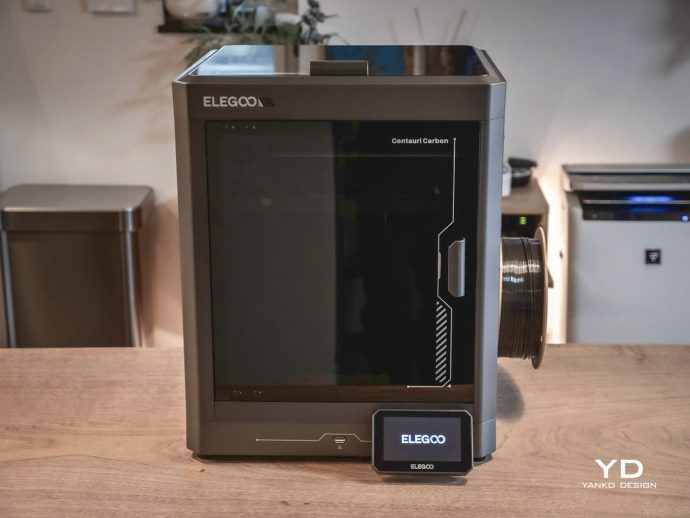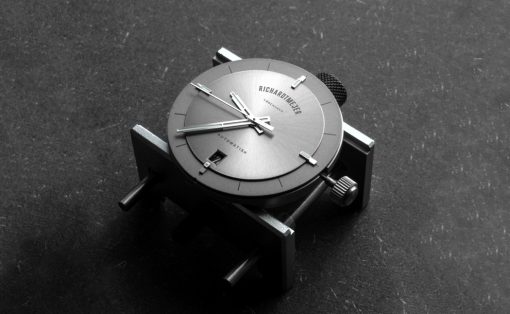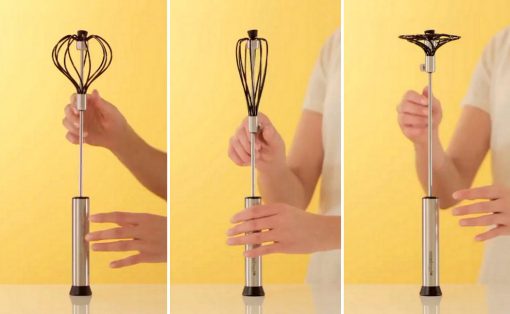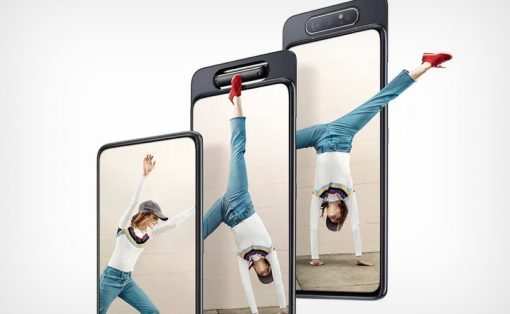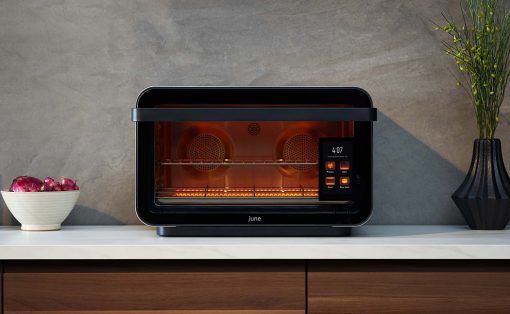The state of affairs with 3D visualization is sort of the absolute opposite of the state of affairs with 2D visualization! With 2D, capturing is easy, reproducing is hard. Cameras are a dime a dozen… printers aren’t. But, with 3D it’s the other way around. 3D printers have vastly overtaken the 3D scanner industry, making it easy to build creations, but not so easy to capture existing 3D objects around you. The folks at 3DMakerpro want to change that. With a price as low as $199 for super early bird backers (regular buyers will have to pay the original MSRP of $359), the Seal and Seal Lite are portable consumer-grade 3D scanners with a high accuracy of 0.01mm/0.02mm (depending on the regular or lite variant), rivalling most industrial-grade 3D scanners. Designed to be pretty much held and used like a barcode scanner, the Seal uses a blue encoded light-based imaging system that delivers rich, detailed 3D scans with the wave of your hand. The scanner captures at a staggering speed of 100,000 points per second, recording both color and depth detail even in low light, with AI-powered tracking and stabilizing features. For that compelling price point, the folks at 3DMakerpro hope to shift the scales by making 3D capturing easier, more accessible, and more affordable than 3D printing!
Designers: Sun Jianfeng, Ding Yong, Wang Yuan, Li Ying, Luo Wei & Wang Xin of 3DMakerpro
Click Here to Buy Now: $239 $359 (33% off). Hurry, for a limited time only! Raised over $550.000.
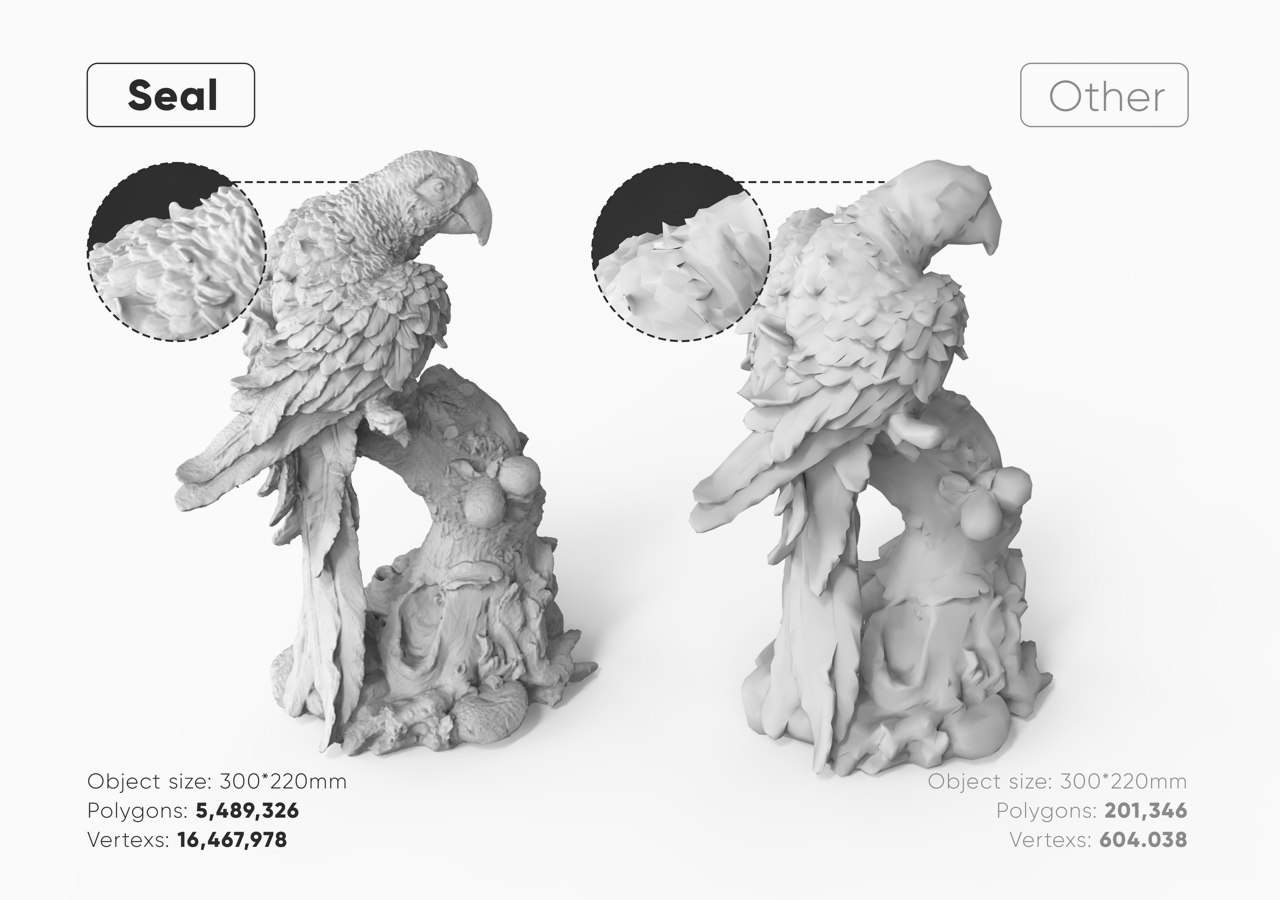
Unsurpassed Resolution – Boasting a remarkable 0.05mm resolution, Seal captures intricate details effortlessly, offering up to 5 times the resolution of similar scanners.

Faster Scanning – Single-frame coded structured light technology, each photo can generate a point cloud frame, achieving true 10fps.
Just as a standalone device, the Seal 3D scanner is no larger than a bar of soap. Built into it, however, is a high-definition color camera that captures 24-bit color and texture information onto a CMOS sensor, along with a blue-light encoded structured light 3D scanning system that captures 3D detail at up to 5x higher resolution than most cameras. This means crisper scans and accuracies of up to 0.01mm getting recorded in each file, effectively making the Seal’s scanning technology the best-in-class for consumer-level scanners (and even some professional scanners). This also translates to faster workflows because you spend up to 40% less time on 3D CAD software creating or touching up scanned models. The Seal Lite is just as efficient as its higher-end sibling, boasting the same scan speeds, but with accuracies of 0.02mm and Mono color/texture information instead of 24-bit.
The Seal and Seal Lite come with two accessories that make the scanning process buttery smooth. For smaller objects and for more controlled scans, the Multi-Axis Turntable lets you mount your Seal or Seal Lite on a static arm, while the object you want to scan sits on a rotating turntable. The turntable itself has a 90° swivel-arm for adjustable captures, and once set up, the entire process is completely automatic. The turntable rotates on its own, while 3D data gets captured and synced with 3DMakerpro’s JMStudio app.
For objects too large to place on the turntable, the Smart Grip proves to be the perfect accessory. Attach it to the base of your Seal and it becomes almost like a barcode scanner, letting you capture 3D data with a wave of your hand. A Scan Distance Indicator on the back (facing the user) lets you adjust your scan range, while a single button lets you easily and intuitively start and stop scanning. The Smart Grip connects the Seal scanner to your phone (with dedicated iOS and Android apps) so you can pretty much scan objects anywhere without worrying about wires and laptops and other hardware, and a built-in 10,000 mAh battery gives you a whopping 240 minutes of continuous scanning or approximately 100 scan sessions on a full charge.
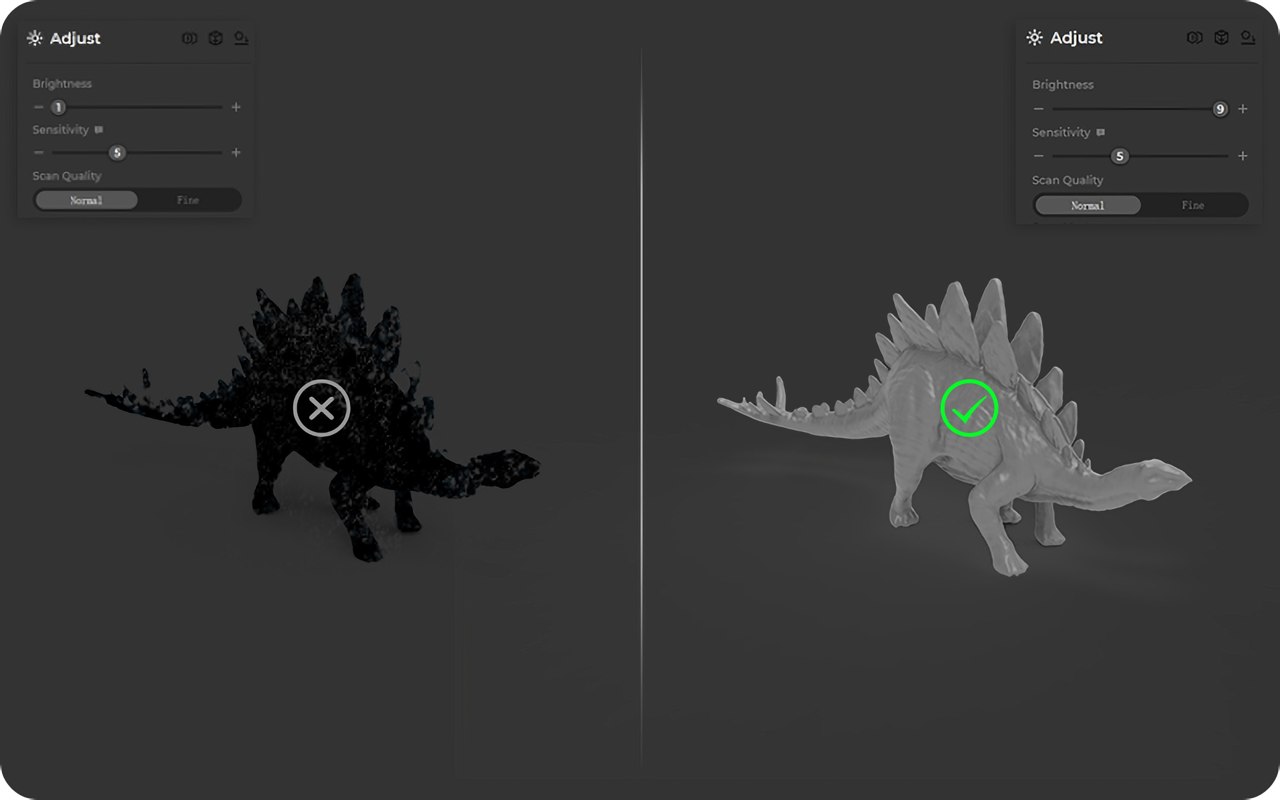
Brilliant in Darkness – 9-level light adjustment for versatile scanning in varying colors, materials, and lighting conditions.
While it may seem like great hardware can instantly lead to great scans, the reality is that there’s a lot of software tweaking that goes on behind the surface to make the Seal as good as it is. For starters, the short-wavelength structured light system does a remarkable job of grabbing detail, but this is only enhanced by the Seal’s anti-shake optical stabilization that ensures a jittery hand doesn’t affect the scan output. Similarly, AI-based tracking allows the Seal to intuitively scan surfaces without requiring tracking markers, ensuring a seamless 3D model output that isn’t riddled with glitches and stitches. The Seal captures a stunning 100,000 data points per second, making scanning much faster, and a 9-level light adjustment features lets you scan comfortably in bright sunlight as well as low-light settings.
Scanned data gets sent either to your smartphone app, or to the JMStudio software available on Windows and Mac-based systems. The Seal and Seal Lite both output in OBJ, STL, and PLY formats, while also recording in crisp 24-bit color too (or in Mono texture format for the Lite variant) for vivid scans. These scans can then directly be used in all 3D applications for modeling, rigging, animation, archviz, or even metaverse applications. Heck, if you own a 3D printer, you can take prints of your scanned objects too! The Seal 3D scanner starts at a discounted $399 (with an MSRP of $699) and comes with an aluminum outer housing, while the Seal Lite boasts of a discounted $199 price tag (and an MSRP of $359) and a plastic construction.
Click Here to Buy Now: $239 $359 (33% off). Hurry, for a limited time only! Raised over $550.000.

